On November 12, the artificial intelligence (AI) company OpenAI asked a federal judge in New York to cancel an order forcing the company to hand over 20 million anonymized chat records via its chatbot ChatGPT, as part of a copyright lawsuit filed by the New York Times and several news organizations.
Accordingly, OpenAI argued that providing these records would expose users' private and confidential information, and claimed that “99.99%” of the data was not related to the alleged copyright infringement.
In court documents, OpenAI warned that anyone who has used ChatGPT in the past three years “may face the risk of having their personal conversations turned over to the New York Times for review.”
The plaintiffs argue that the recordings are necessary to determine whether ChatGPT reproduced protected journalistic content, and to counter OpenAI’s argument that it engaged in “extraordinary interference” to create evidence. Judge Ona Wang previously said that user data would be protected by “comprehensive” anonymization.
OpenAI's chief information security officer, Dane Stuckey, said handing over the data would violate privacy standards, forcing the company to hand over tens of millions of private conversations from people not involved in the lawsuit.
In contrast, a New York Times spokesperson said OpenAI’s post was “deliberately misleading,” emphasizing that user privacy was not at risk and that all data was anonymized by court order.
The New York Times lawsuit is part of a series of major legal disputes involving technology companies' use of copyrighted works to train AI systems./.
Source: https://www.vietnamplus.vn/tranh-chap-du-lieu-giua-openai-va-new-york-times-tiep-tuc-cang-thang-post1076752.vnp



![[Photo] Deep sea sand deposits, ancient wooden ship An Bang faces the risk of being buried again](https://vphoto.vietnam.vn/thumb/1200x675/vietnam/resource/IMAGE/2025/11/13/1763033175715_ndo_br_thuyen-1-jpg.webp)




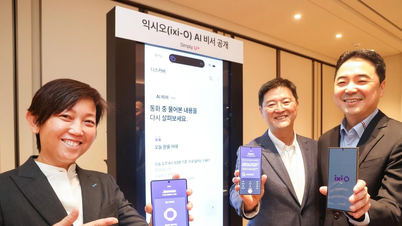












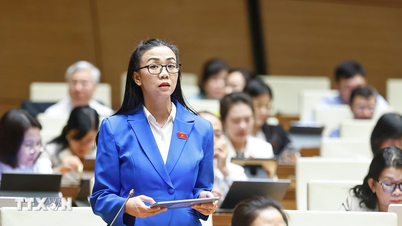
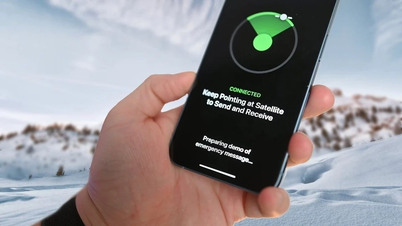


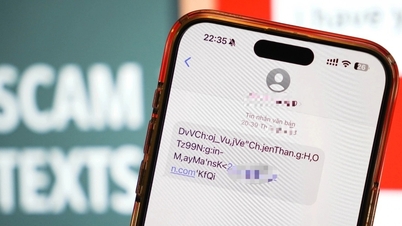






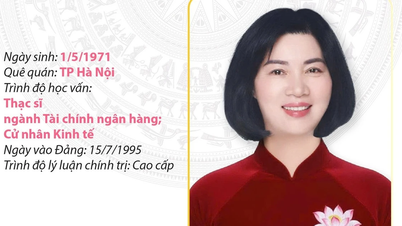
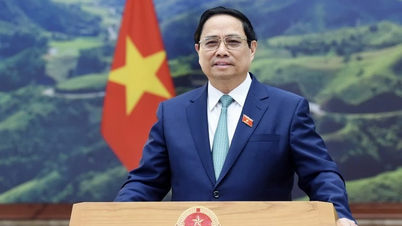

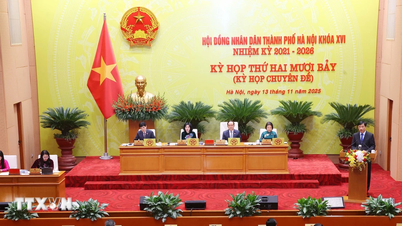






































![[Photo] Panorama of the 2nd Vietnam-Cambodia Border Defense Friendship Exchange](https://vphoto.vietnam.vn/thumb/402x226/vietnam/resource/IMAGE/2025/11/13/1763033233033_image.jpeg)
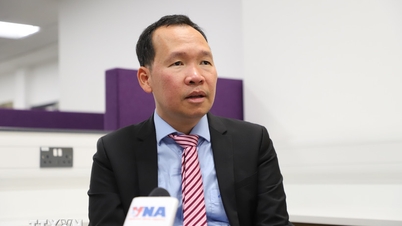

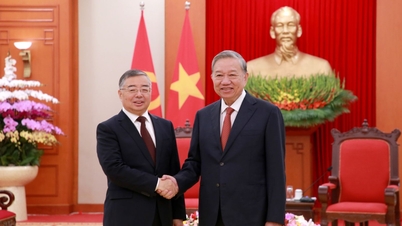

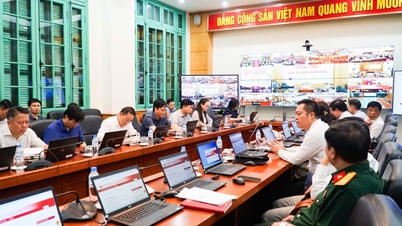

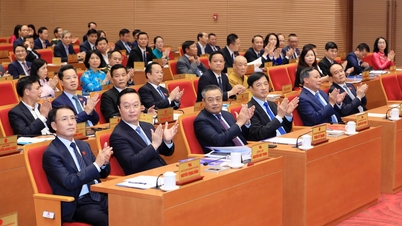

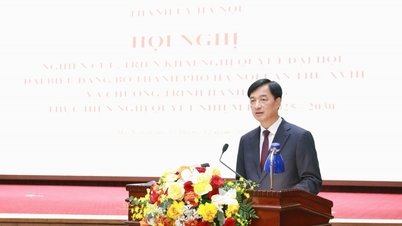















![Dong Nai OCOP transition: [Article 3] Linking tourism with OCOP product consumption](https://vphoto.vietnam.vn/thumb/402x226/vietnam/resource/IMAGE/2025/11/10/1762739199309_1324-2740-7_n-162543_981.jpeg)







Comment (0)